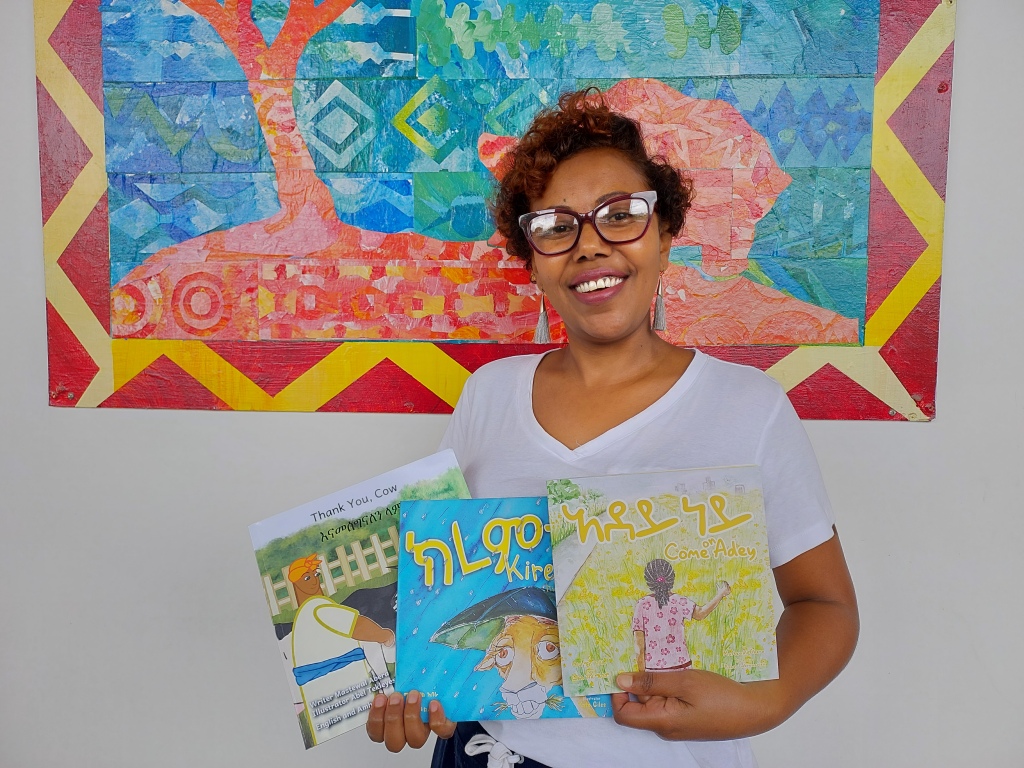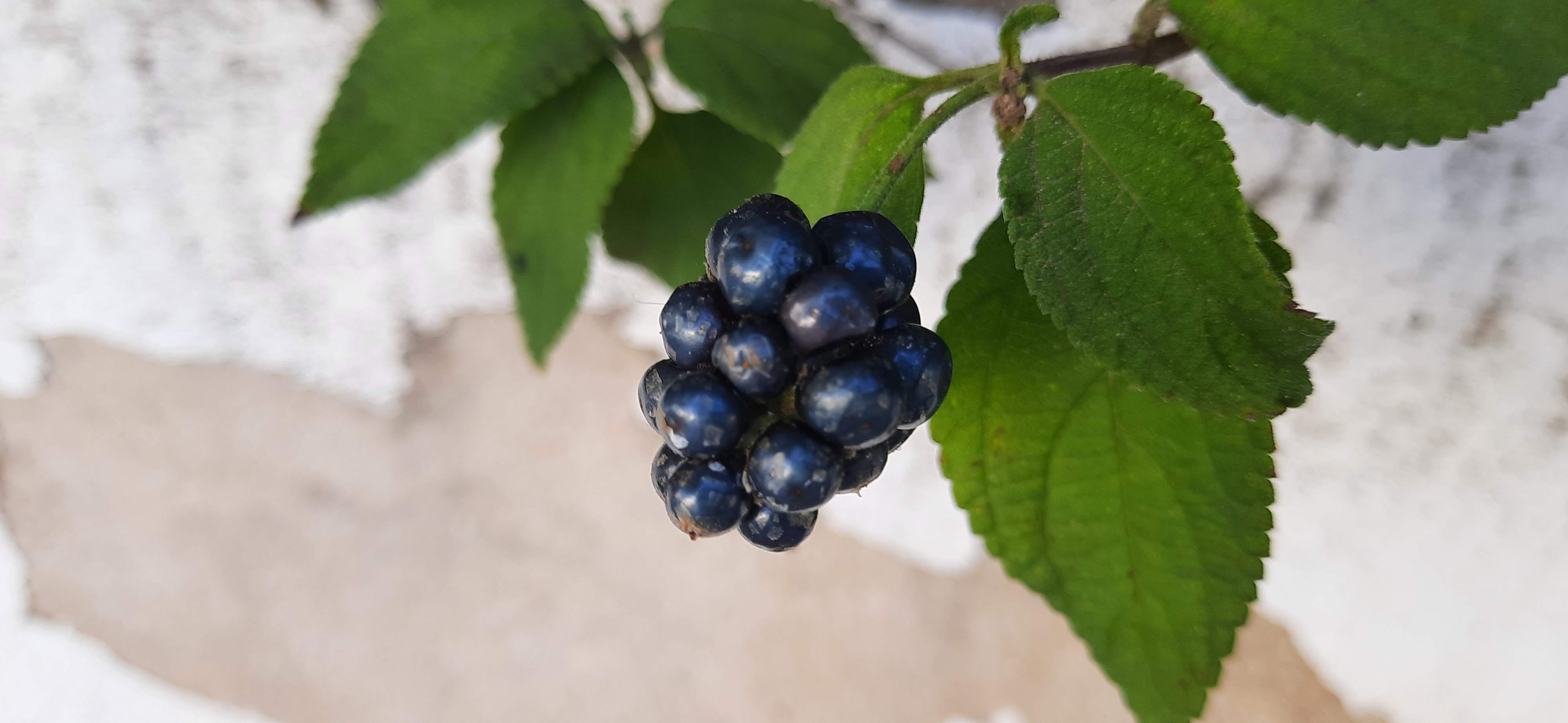Children’s Book Day is celebrated today, April 2nd, coinciding with Hans Christian Andersen’s birthday, to inspire a love of reading and to call attention to children’s books. This interview with Mastewal Abera, Ethiopian children’s book author, editor and translator, took place in June 2023 when we shared a PLEx project class as teachers in the International Community School of Addis Ababa.
Thanks Mastewal for dedicating time to share your thoughts on children’s literature with my blog readers. Tell me, what do you think is the state of children’s literature in Ethiopia?
Well, in the past few years children’s book writers started to pay more attention to the layout, making it more colorful and appealing to kids. However, content wise it still needs more work. Children’s literature is not going with the current need or trend. Stories still focus on preaching some moral values and virtues just like in the old times. The plots are not so creative and mostly lame, the ends are mostly sad and not satisfying. That is because, as young children, we weren’t exposed to good books. There were not many child friendly books and also as a culture we tend to confuse reading with studying. Schools don’t encourage children to read for pleasure. Reading is not rooted in the culture due to illiteracy. People believe that writing for children is not something that needs skill, it is something anybody can do. Nowadays things are changing a bit, at least parents buy some non-academic books to their children.
What importance do you attach to literary prizes?
I believe, literary prizes encourage quality, creativity and give a sense of professionalism.
Why do you think some children do not like to read?
Kids like reading when they are exposed to quality books, if the books are their interest, if there is something they get to relate with, and if they find books appropriate to their level.
How can literature influence the development of a child?
Literature helps their communication, it provides knowledge, it teaches them social and emotional skills, like empathy, compassion, to express their emotions in a graceful way, how to interact with and within their environment. It gives them a sense of belongingness in a certain community and in the world. As they learn about the world and how they impact it, they can learn that their feelings and emotions are not only theirs.
Do you think that writing for children is easier than writing for adults?
Most children’s books are short so it might take less time to write. However, the process is the same, one needs to have an idea, develop it, edit, proof read etc. On top of that, children’s literature has a word limit according to the age group. Children have a wild imagination, satisfying that is not easy. The words have to be chosen carefully for children as well. The other challenge is it is not the kids who are buying the book after it is published, it is the parents, so it has to be appealing for adults as well.
What should have, or what should not be missing in children’s literature?
It depends on the kind of book but in general, I would say, children’s literature should have playful and simple language which is appropriate for the reading age. If it is a picture book, lengthy text should be avoided and the picture should also tell the story.
What did you like to do in your childhood? Did you read a lot?
I used to like pretend play and playing grown ups mostly. As a child I loved reading. Even if I didn’t have enough books to read I used to read whatever kids’ book I found. My dad used to work at the regional education bureau and his office was next to my school and there was a library in their office. I used to walk there quite often and read and read the books I got. My dad also cut out stories from children’s corners from a newspaper and bring them to me. Then once I was in middle school I started to read many fiction books from that same library. So I would say I grew up reading and enjoying books. My favorite picture books were Miti Miti, Happy Village, and The Proud Cat. In middle school I used to enjoy reading the Amharic translation of books by Danielle Steel, Sidney Sheldon and Agatha Christie.
Did you ever think that you would be a writer?
Ever since I remember, I always wanted to be a writer. In high school I used to read poems during events and participate in dramas organized by different clubs at the school. My plan was to study literature or theatrical art, however that didn’t happen. Here in Ethiopia, if one got a good grade in the national exam, the government assigned you to a college, it was not by individual choice. So I became a teacher. I didn’t stop writing poems and tried to publish them, but that didn’t happen. I never planned to become a children’s book writer.
Why did you decide to write children’s literature?
While I was teaching early years in one of the international schools in Ethiopia I have seen that there were many children’s picture books written in English and saw how it helped the kids to grow in their literacy skill. However I wasn’t able to find books in Amharic when the kids started to read independently. So I started translating the books we had in English (mostly books from America) and gave it to the kids. When I saw how much the kids were excited I was inspired and started writing children books. I sold the three manuscripts to a publisher. That was my first step into becoming a children’s book writer.
Do you like to make readers laugh?
I love such books but I don’t have that gift. My books entertain but they are not that funny
What topics are you interested in addressing in your books for the youngest readers?
I focus mostly on simple everyday life, places of activities in the community, also concept books.
Since you start writing, do you plan the story, from beginning to end?
Sometimes I do, sometimes I just have the idea and it takes a while to figure how the story goes and how it ends.
You have also translated and edited others’ books? How is this experience?
I have translated picture books into Amharic. Sometimes it is difficult to make the words playful as it is in English. What I would do is take the concept and translate that in a way that is entertaining and good in Amharic. Sometimes adding extra words or sentences might be needed to make it more sensible in our culture.
Have you been suggested to transition to the novel for adults? Have you considered it?
Right now no, but I don’t know how I will feel after a while.
What do you want to happen when a child reads your book?
I would be glad if kids love what they read when the finish, if they learn the culture, if the get connected and feel related with the story, especially Ethiopian kids, if they feel like what they have as an Ethiopian is good enough to be a story, I would be glad if kids start to pay attention to their surrounding after reading and saying “I know that”, “I have done it”, “We have it in our home”, “I have seen it before”, etc.
Thank you, Mastewal!
አመሰግናለሁ

Mastewal Abera with three of her recent works: «Enamesegenalem Lam (Thank You Cow)» (2023), illustrated by Abel Tekleyes; «Kiremtu (The Rainy Season)» (2020), illustrated by Kate Giles; and «Adey Ney (Come on Adey)» (2022), illustrated by Rahel Gebremariam.
